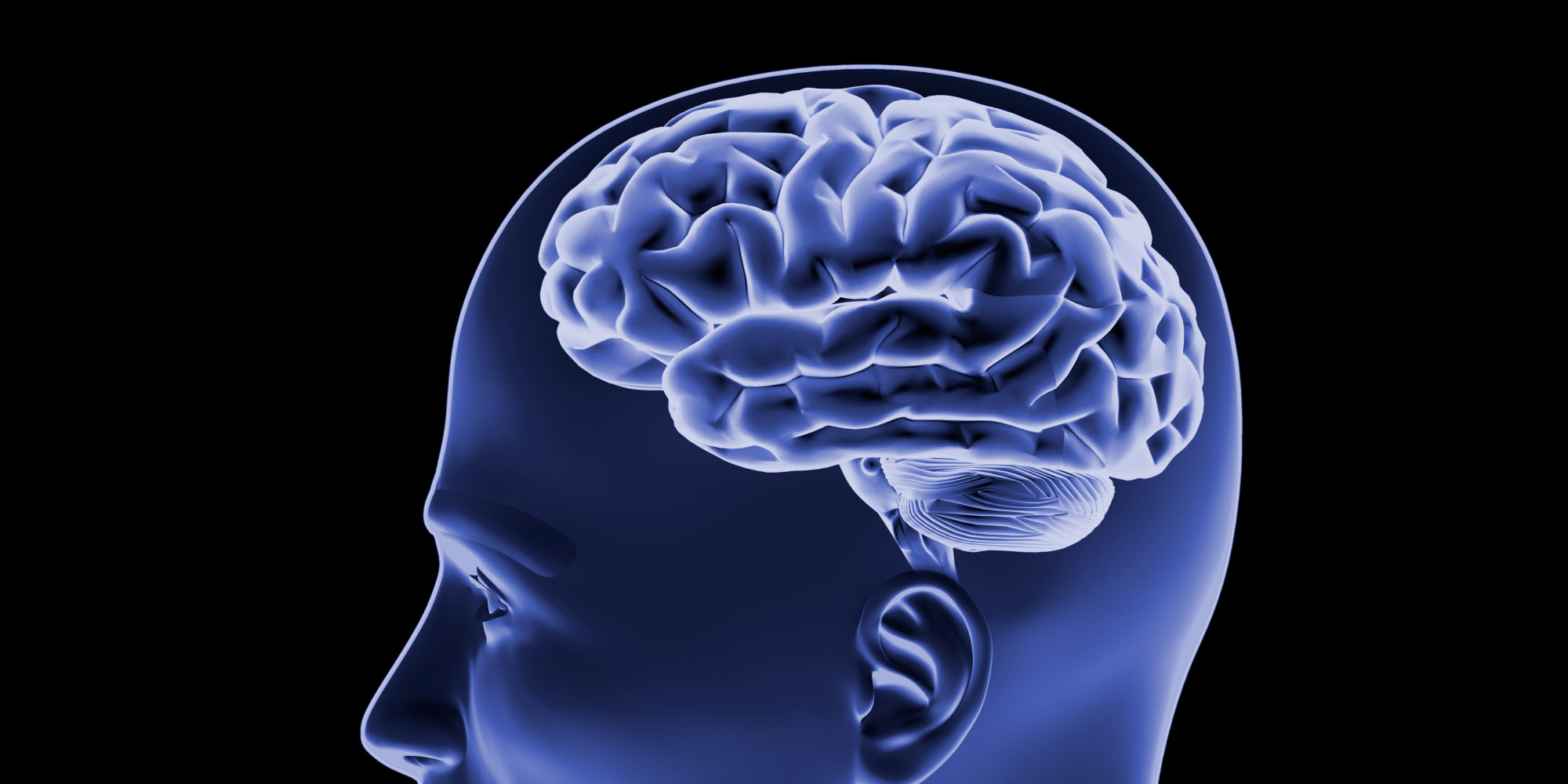
This Is What Believing In God Does To Your Brain: Study
Humans suppress areas of the brain used for analytical thinking and engage the parts responsible for empathy in order to believe in god, a new research suggests. The study also suggests that humans do the opposite when they think about the physical world, i.e. they boost the areas responsible for analytical thinking.

Researchers at Case Western Reserve University and Babson College discovered that the dilemma between using information based on faith or scientific evidence to explain many things dates back to many centuries ago.
“When there’s a question of faith, from the analytic point of view, it may seem absurd,” says Professor Tony Jack, who led the research. However, based on what experts understand the leap of faith to belief in supernatural things amounts to pushing aside critical/analytical thinking to help people attain higher social and emotional insight.
Researchers also found that people with faith were more empathetic than those without. People who are more faithful are also more empathic and prosocial. Such finding may explain why women tend to be more religious than men. This is because women are more likely to show empathy over things than men.
In an analysis of eight experiments, the researchers examined the relationship between the belief in god and parameters of analytic thinking and moral concern, each using between 159 and 527 adult participants. Although both spiritual belief and empathic concern were positively associated with frequency of prayer or meditation, neither was predicted by social contact.

In an earlier research, Professor Jack’s Brain, Mind & Consciousness laboratory made use of an fMRI machine to show the brain’s ‘analytical network’ of neurons that enables humans think critically and a ‘social network’ of neurons to empathise.
“Because of the tension between networks, pushing aside a naturalistic world view enables you to delve deeper into the social/emotional side,” Professor Jack explained. “And that may be the key to why beliefs in the supernatural exist throughout the history of cultures. It appeals to an essentially non-material way of understanding the world and our place in it.”
The researchers said the human brain explores the world using both analytical and social networks. When presented with a physics problem or ethical dilemma, a healthy brain activates the appropriate network while suppressing the other. Perhaps this explains the conflict between science and religion, the researchers added.
The study was published in the journal PLOS One.